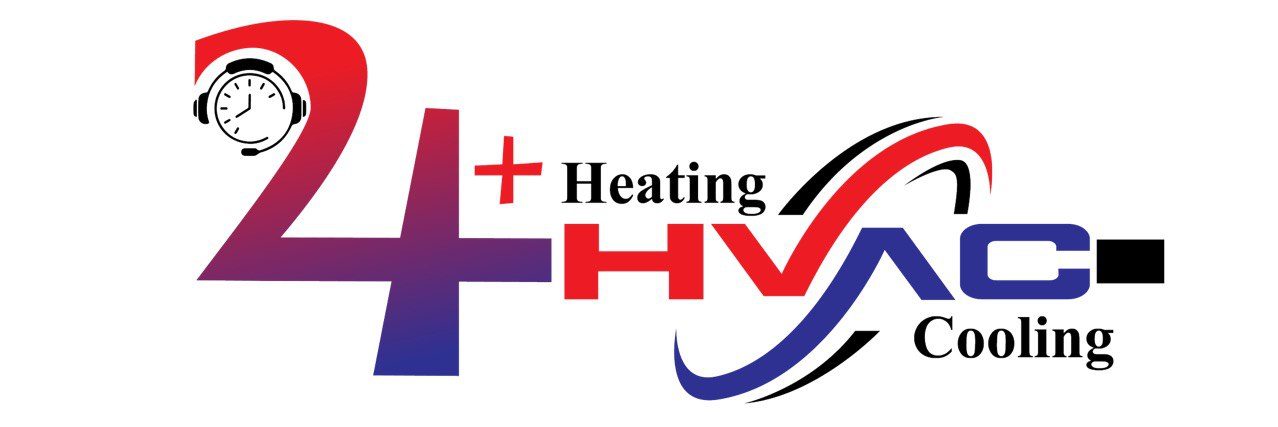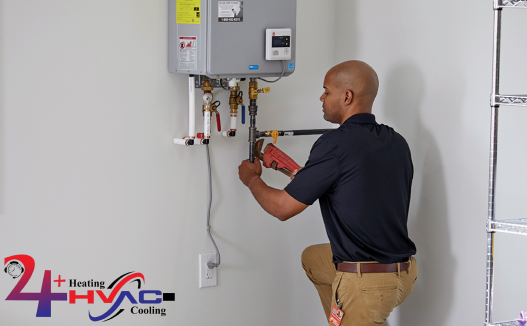Introduction
When it comes to comfort and convenience, having a reliable water heater is essential. Whether you’re upgrading an outdated unit, replacing a broken system, or installing a new one for the first time, proper water heater installation is crucial for efficiency and longevity. In this comprehensive guide, we’ll explore everything you need to know about professional water heater installation, including the benefits, types, costs, and why hiring experts ensures a hassle-free experience.
1. Importance of Professional Water Heater Installation
Installing a water heater is more than just connecting a few pipes. A professional installation ensures:
- Safety Compliance: Proper gas and electrical connections prevent hazards such as leaks and short circuits.
- Optimal Performance: A correctly installed unit operates efficiently, saving energy and reducing utility bills.
- Longevity: Professional work minimizes wear and tear, extending the lifespan of your water heater.
Hiring experts ensures the job is done right the first time, avoiding costly mistakes and future repairs.
2. Types of Water Heaters to Consider
Choosing the right water heater depends on your household needs and budget. The main types include:
- Tank Water Heaters:
- Store hot water for immediate use.
- Available in gas and electric models.
- Ideal for larger households with high hot water demand.
- Tankless Water Heaters:
- Heat water on demand, reducing energy consumption.
- Compact design saves space.
- Provides continuous hot water without running out.
- Heat Pump Water Heaters:
- Energy-efficient option utilizing heat from the air.
- Lower operating costs in the long run.
- Suitable for warmer climates.
Understanding these options helps you select the best unit for your needs.
3. Signs You Need a New Water Heater
If your water heater is exhibiting any of these signs, it may be time for a replacement:
- Inconsistent Water Temperature: Sudden hot and cold water changes.
- Strange Noises: Rumbling or banging sounds indicate sediment buildup.
- Leaking Tank: Visible leaks around the unit suggest internal damage.
- Higher Energy Bills: Older systems lose efficiency, increasing operating costs.
Recognizing these warning signs can help you avoid unexpected breakdowns and costly repairs.
4. Choosing the Right Size Water Heater
Selecting the correct size water heater ensures efficiency and comfort. Key factors to consider include:
- Household Size: More occupants require a larger capacity.
- Hot Water Usage: Frequent showers, laundry, and dishwashing increase demand.
- Flow Rate (GPM): Tankless systems need to handle peak water usage.
Consulting a professional ensures you get a unit that meets your needs without overpaying for capacity you don’t use.
5. Gas vs. Electric Water Heaters: Which One to Choose?
Understanding the differences between gas and electric models helps in making an informed decision:
- Gas Water Heaters:
- Lower operating costs.
- Faster heating time.
- Requires proper ventilation.
- Electric Water Heaters:
- Easier installation.
- Safer with no risk of gas leaks.
- Slightly higher energy costs depending on rates.
Your choice depends on factors like energy availability, installation costs, and long-term expenses.
6. Cost of Water Heater Installation
Installation costs vary based on factors like unit type, labor, and additional work required. Typical expenses include:
- Basic Installation: $500 – $1,500.
- Tankless Installation: $1,000 – $3,000.
- Permit Fees: Depending on local regulations.
- Removal of Old Unit: Additional disposal charges may apply.
Getting a detailed quote ensures transparency and helps with budgeting.
7. The Water Heater Installation Process
Professional installation follows these key steps:
- Assessment & Selection: Determine the best water heater based on home requirements.
- Removal of Old Unit: Safely disconnect and dispose of the existing system.
- Installation of New Heater: Connect gas or electrical lines, plumbing, and venting.
- Testing & Calibration: Ensure the unit operates efficiently and safely.
- Final Inspection: Verify compliance with local codes and regulations.
A certified installer guarantees a smooth and secure installation process.
8. Benefits of Energy-Efficient Water Heaters
Investing in an energy-efficient model provides numerous advantages:
- Lower Utility Bills: Reduce energy consumption and save money.
- Environmental Benefits: Decrease your carbon footprint.
- Increased Property Value: Modern, efficient appliances attract home buyers.
Opting for ENERGY STAR-rated units maximizes efficiency and long-term savings.
9. Common Water Heater Installation Mistakes to Avoid
Avoiding common mistakes ensures a hassle-free experience:
- Improper Sizing: Leads to inefficiency or inadequate hot water supply.
- Poor Ventilation: Gas models require proper exhaust systems to prevent carbon monoxide buildup.
- Incorrect Pressure Settings: Excessive pressure can damage the tank and pipes.
Hiring licensed professionals eliminates these risks and guarantees reliable performance.
10. Why Choose Our Water Heater Installation Services?
When you choose us, you benefit from:
- Certified Experts: Experienced and trained technicians.
- Quality Workmanship: Ensuring compliance with industry standards.
- Customer Satisfaction: Reliable, affordable, and efficient services.
Learn more about our water heater installation services or explore our air conditioning services and repair and replacement solutions.
Conclusion
A professionally installed water heater provides years of reliable hot water, improved energy efficiency, and enhanced safety. Understanding the different types, benefits, and installation processes ensures you make the best choice for your home. If you’re ready to upgrade or install a new water heater, contact our expert team today for a hassle-free experience and top-quality service.

